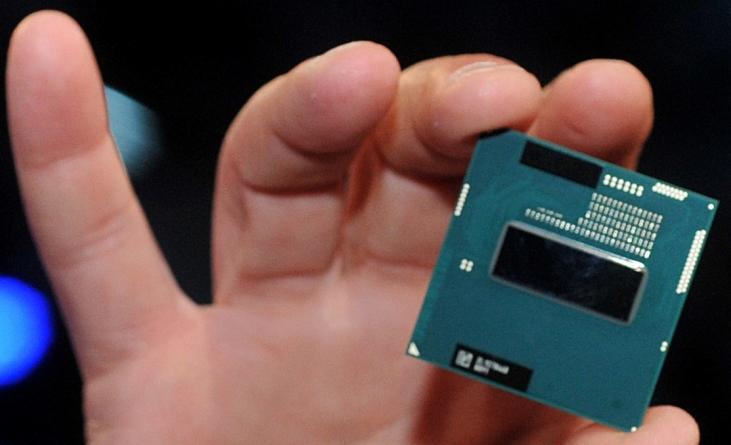Intel: low-power processors to fuel future of mobile computing innovation
September 12, 2012
Intel Corporation‘s chief product officer David Perlmutter today described how its low-power processors, starting with the company’s 4th generation Intel Core processor family available next year, will set a new standard for mobile computing experiences and innovative Ultrabook, convertible and tablet designs.
He said Intel reduced the platform idle power of its 4th generation Intel Core processor family based on the next-generation “Haswell” microarchitecture by more than 20 times over the 2nd generation while delivering outstanding performance and responsiveness. He also said Intel will add a new line of even lower-power processors based on the same microarchitecture to its roadmap starting in 2013.
The objective: drive power consumption down to enable longer battery life and new, more mobile designs, while delivering ever-increasing processor, graphics and media performance.
Intel’s new low-power chips based on “Haswell” microarchitecture will broaden the company’s mobile roadmap, initially operating at about 10 watts to enable thinner, lighter Ultrabook, convertible and tablet designs with better performance and battery life.
Coming soon, the next-generation Intel Atom processor (codenamed “Clover Trail”) is a new system-on-chip (SoC) architected specifically for Windows 8. Based on Intel’s 32nm process technology, it powers lightweight tablets and convertibles, and includes outstanding battery life and always-on technology in sleek designs.
The Rise of Natural, Intuitive Computing Experiences
The personal computing experience is shifting to one based on perceptual computing where devices will take on human-like senses to perceive the user’s intentions, according to Perlmutter, adding that Intel is driving these capabilities across Intel platforms both now and into the future.
The company’s first Intel Perceptual Computing Software Development Kit (SDK) beta, targeted for release early next quarter, will enable hardware and software developers to bring gesture interaction, facial and voice recognition, and augmented reality to life on existing and future Intel Core processor-based Ultrabook systems and PCs.
